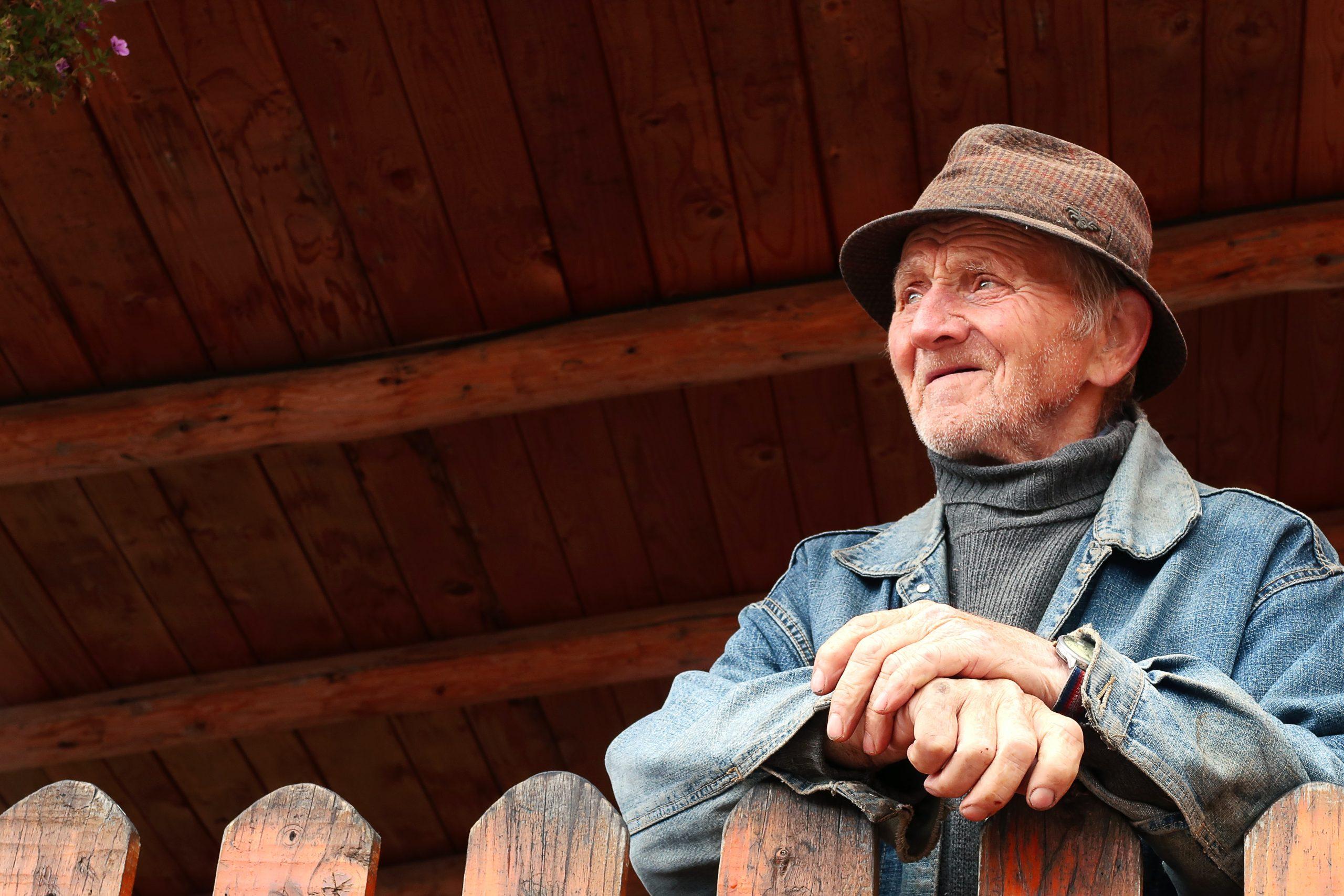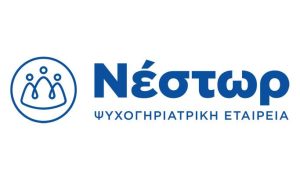Deinstitutionalization of Chronic Psychiatric Patients

The goal of these units based on the psychiatric reform is the integration of chronic mental patients into society.
Transitioning from Psychiatric institutions, secluded from society, into Social-Communal Psychiatry and in Psychosocial Rehabilitation, with the development of a comprehensive Communal System of mental health services, is true progress in the field of Mental Health.
The radical reform of mental health services was initiated in our country by the voting in of National Health System regulation (Ν.1397/83). By activating the emergency financing of the EU (Regulation 815/84), a process began of deinstitutionalisation, improvement of hospitalisation conditions within institutions, preparation and transportation of patients to protected or partially autonomous living structures in the community and the development of new communally oriented mental health services.Regulation 2716/99 for the “Development and modernisation of mental health services” authorised the changes taking place and provided new momentum to the Reform.
The psychiatric reform allows mental health treatment without hindering the patient from remaining an active member of society, within his family environment, with autonomy, financial activity and social integration.
Psychosocial Rehabilitation:
Psychosocial Rehabilitation (PSR) aims at the acquisition of skills and abilities in order to obtain the best possible autonomy level within the community. The goals of PRS are not limited to that.
PRS’s goals are also:
A well-rounded experience of the mental patient, in conjunction with the patient’s living and functioning circumstances.
Development of all moments and possibilities of the subject towards mental health advancement and not only treatment of symptoms.
Active participation of the patient as an active subject (not a passive subject) in the process of change, treatment and the design of his life.
PRS is connected to:
- Recognising and understanding the needs and wants of the mental patient and the organisation of the appropriate treatment.
- Recognising and materialy protecting their individual, political and social rights.
- Qualitative progression of treatment and care, achieved through the design, instruction and implementation of individualised treatment programs, where the specific needs and personality of the patient is recognised.
- Promotion of further autonomy by searching work opportunities while supporting professional development and work.
- Creative means of utilising free time and intervening in family relations.
- Constant interference for the amendment of the social and legal framework (relations, culture, means) to alleviate discrimination against mental illness (the main form being limited opportunities for work and dignity in social roles), so that respected and dignity is established as well as their acceptance and integration.
Note:
This model of care is implemented in all psychogeriatric structures by the Multidisciplinary Treatment teams of the “Nestor” Psychogeriatric association as well as by the Scientific teams, members of which are social workers together with healthcare professionals (psychologist, occupational therapist, nursing staff).
Psychogeriatric Boarding Homes
The Psychogeriatric Boarding Homes are high security Units of Psychosocial Rehabilitations (PSR), where people with mental disorders are housed for their treatment and support with the aim to ensure their place in the community and to maintain their relationship to life and activity within the local community. At the Psychogeriatric Boarding Homes, people in need of psychogeriatric care are hosted. Specifically, elderly people (over 65 years old) with mental disorders and serious psychosocial issues, who have no housing or the appropriate family environment.
The residents of the boarding home were long-term residents at the Attica Psychiatric Hospital (APH)
As a Unit of Psychosocial Rehabilitation, the boarding homes are open to the community. The relationship between the boarding homes and the social fabric is not exhausted in a simple presence within them (a typical relationship), but rather it looks to develop an instrumental engagement with them so that it can be an important part of the life of the city. A strong bond is encouraged, not only within the neighbourhood, but beyond it as well, with the entirety of the social and cultural life of the city. The boarding homes act as a social and sociable locus.
Services Provided:
Personalised rehabilitation programs towards maximum autonomy.
Participation in community activities, organising events and entertainment activities.
Regular medical observation, pharmacological treatment, psychological support and preventative treatments.
Patient family support.
Public awareness programs fighting mental illness stigma and social bias against mental patients.
Staff training programs.
Development of indicators and templates that ensure the quality of services.
Research activity.
Sheltered Apartment
The goal is to attain the patients’ autonomy and independence so that they are able to function within the community.


